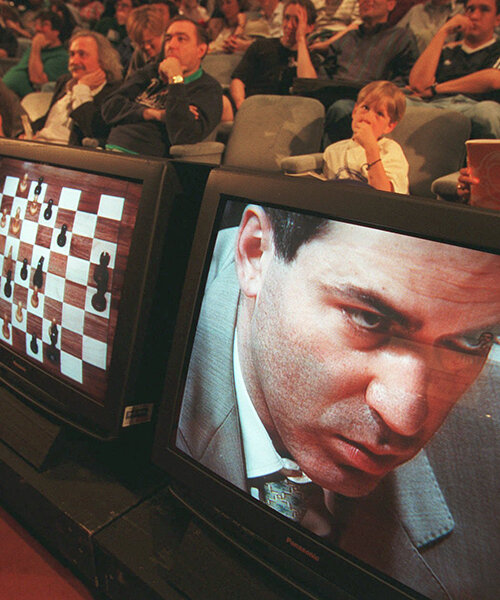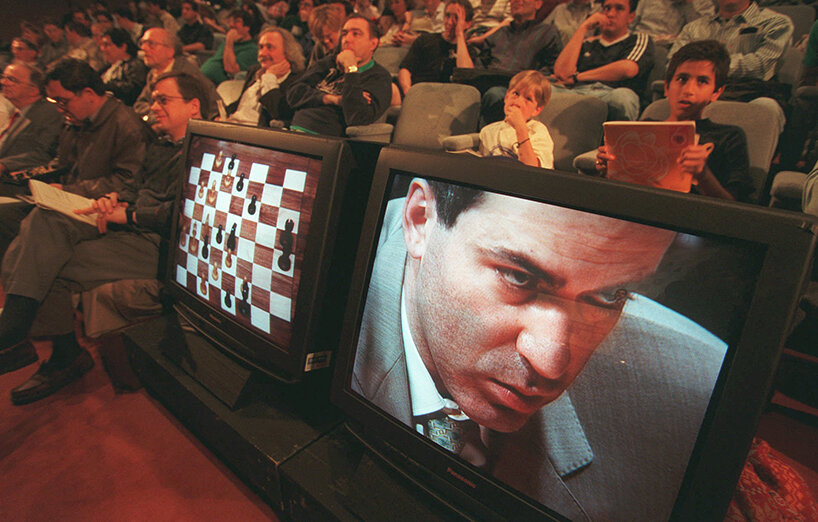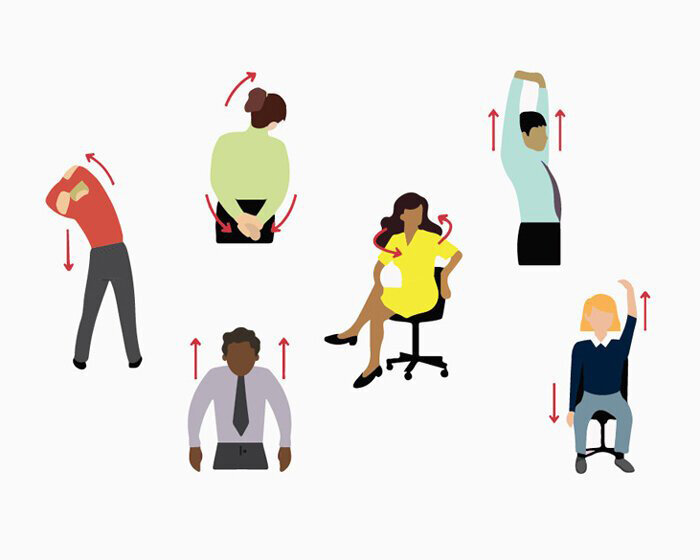KEEP UP WITH OUR DAILY AND WEEKLY NEWSLETTERS
as designboom evolves into a creative studio, designboom needs a lab senior editor to manage our branded and organic campaigns.
each chair reflects an individual child’s input and imagination.
connections: +920
the spiral structure follows principles of fluid dynamics and thermodynamics to optimize heat distribution.
connections: 95
from 3D printed coral reefs to eggshell composite butterfly nests, designboom looks back at the top 10 social impact stories that defined 2025.
connections: 24









